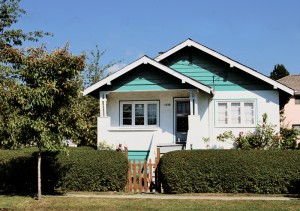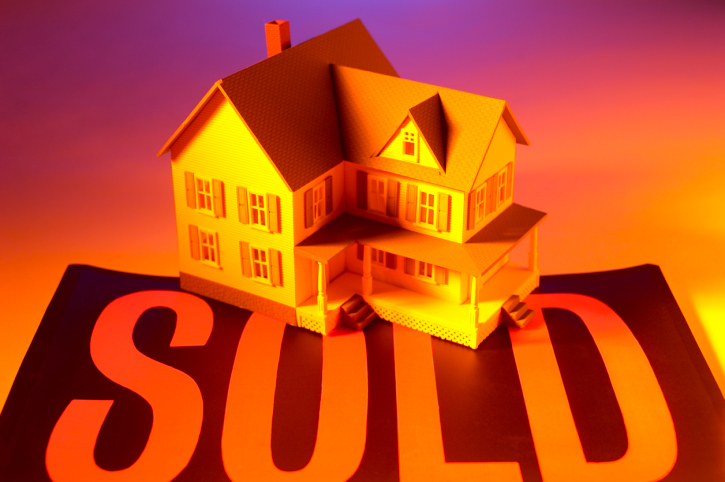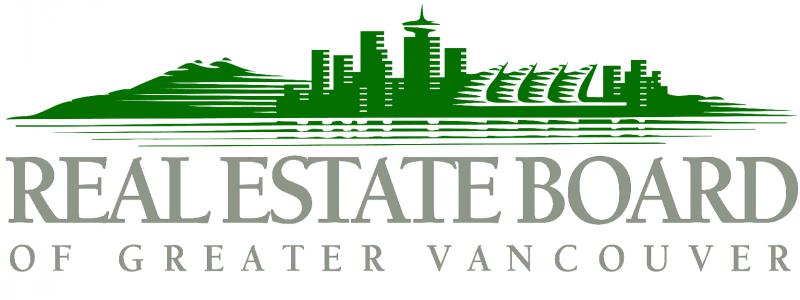
You have most likely heard about Donald Trump running for the President of United States of America. Donald is a bit of a character and likes to say/do a lot of controversial “stuff”. His racist and sexist remarks offended thousands if not millions of people. Among the offend people are many Vancouverites.
Trump happen to have his name on one of the tallest (second tallest after Shangri-La) buildings in Vancouver. “Some” Vancouver residents (at least 50,000 singed online petition) including former city planner Brent Toderian and Vancouver Mayor Gregor Robertson are against having Trump name as part of the Vancouver skyline.
Vancouver Mayor even wrote a letter to Holborn Group (more about them later) expressing his opinion and asking them to change the name of the building.
“As mayor, I’m proud that Vancouver is known throughout the world for our steadfast commitment to diversity, equality and freedom from discrimination and hatred,” he wrote.
“In contrast, Donald Trump’s hateful positions and commentary remind us all of much darker times in our world’s past — and it is incumbent on all of us to forcefully challenge hatred in all of the ways it confronts us.”
So should the name of the tower be changed? In ideal world the answer is – YES! Of course, it should be changed. Unfortunately, we don’t live in an ideal world. Changing the name of this tower is not that simple.
Holborn Group is the owner and the developer for The Trump tower. They have licensed “Trump” name from Donal Trump. Plus Trump Organization was chosen to operate the hotel inside of the tower. Holborn Group and Trump Organization have strong contractual ties. Not to mention the fact that a majority of 217 condos have already been sold. I would imagine that some of these buyers purchased their condos based on what Trump’s name represents in the world of real estate luxury. Not based on his personal political views.
Here is what Joo Kim Tiah, CEO of Holborn Group had to say on the matter.
“While Holborn Group owns Trump Vancouver, we have contractual obligations to the Trump Organization, banks, purchasers, consultants, trades and business partners. These legally-binding contracts cannot be altered,”
In my opinion, the name of the tower should definitely change. It will probably change in the years to come. One thing is certain – there are a lot of angry buyers who want their money back.




![New suggested “real estate speculation tax” in Vancouver [OPINION] New suggested “real estate speculation tax” in Vancouver [OPINION]](http://myvancouverproperty.ca/wp-content/uploads/2015/07/tax-florida-720x300.jpg)




![Buying first home [POWER POINT PRESENTATION] Buying first home [POWER POINT PRESENTATION]](http://myvancouverproperty.ca/wp-content/uploads/2014/08/presentacion.png)